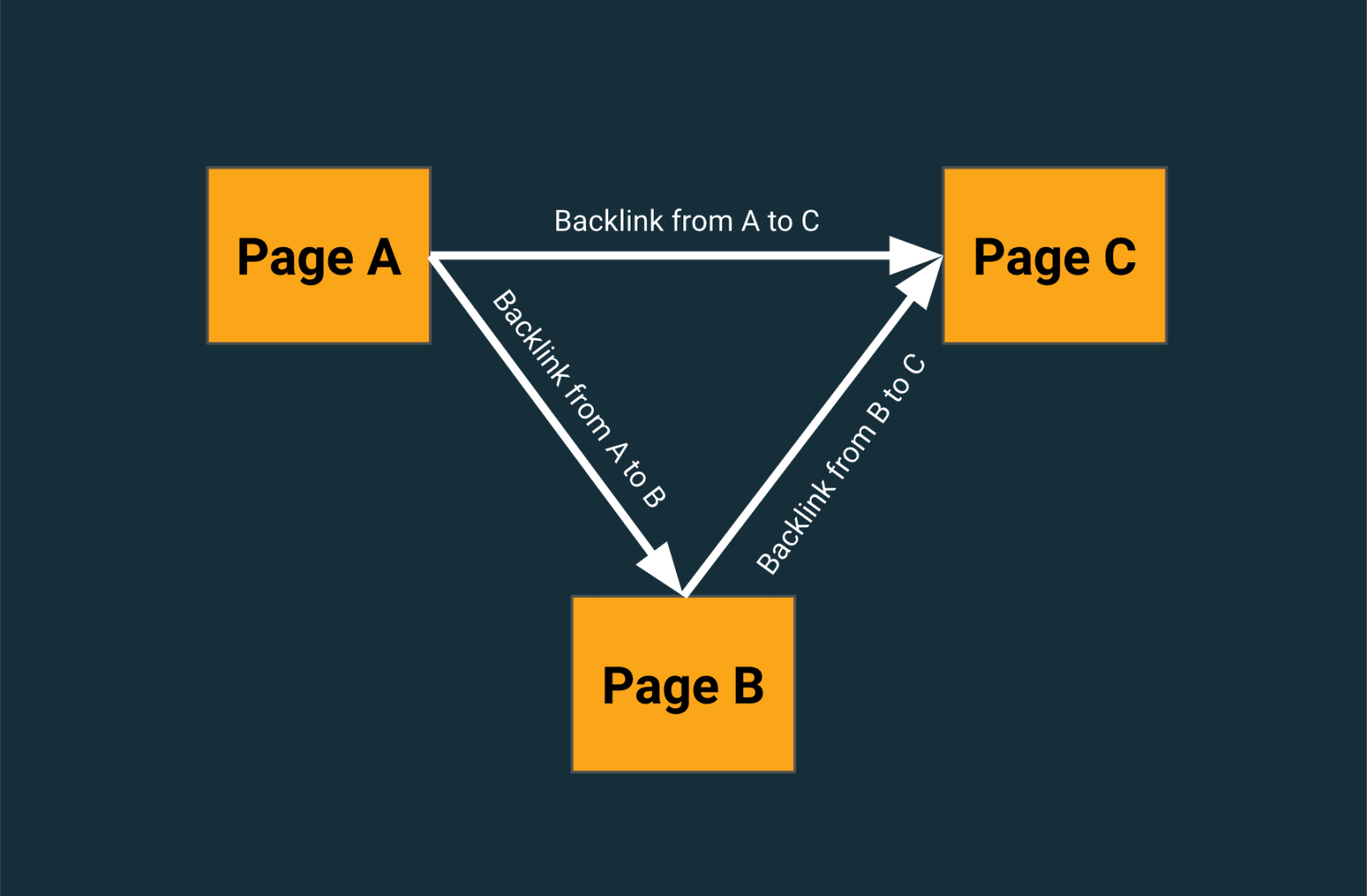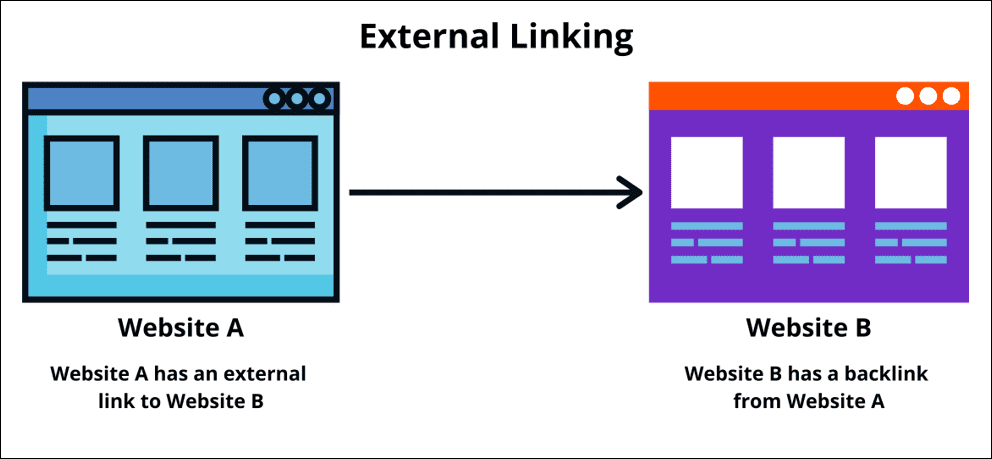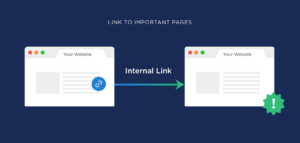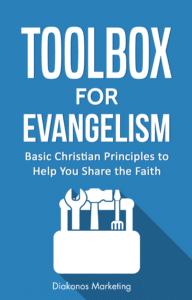Here’s something you already know: Human bodies need blood to survive.
God even talks about this in Scripture when He tells the Israelites that “the life is in the blood” (Leviticus 17:11). Using modern science, we know that the circulatory system carries oxygen to all parts of the body, fueling the muscles and helping your body move.
Take the blood away, and the body ceases to function. It’s as simple as that.
A website is the same way. Without links — internal and external — your website will cease to exist.
How Google Ranks Your Site
When Google was created in 1997, there were already several other search engines on the market (anyone else remember AskJeeves.com?).
The problem with the existing search engines was that they very easily manipulated. Anyone with a little time on their hands and a lot of patience could pump out page after page of garbage content and get ranked, since those search engines only looked at what was actually on the page to decide how relevant that page was.
(Of course, it also helped that there were exponentially less webpages in the 90’s than there are now, but that’s not important right now.)
The way that Google decided to create market share and solve consumer problems with mainstream search engines was by introducing an algorithm called PageRank.

In a nutshell, PageRank operates by looking at how many other websites link to a webpage. If there are a lot of them — and, these days, how authoritative those links are — then Google decides that the corresponding webpage is authoritative as well.
It’s exactly the same principle as academic papers. If you have a paper that is hugely influential, groundbreaking, or controversial, people will link to it. They want to use the credibility that your paper has in order to bolster its own.
When it comes to search presence, that’s really the name of the game: What kind of webpages are linking to your site, and how many of them are there?
Win that game and you’ll win at search.
What Links are Important for My Site?
Broadly speaking, there are two types of links you really need to focus on. There are external links, the ones pointing to your site from other sites, and internal links, the ones pointing to your site from your own site.
Confused? Let’s break it down.
What are External Links?

External links are any link that points back to your site or individual page from any other part of the internet.
This can be links from directories, blog articles, forums or even social media. These are the types of links you really want because they signal to Google that other people think your site is authoritative, which will, in turn, rank you higher.
Not all of these links are created equal, though. Some of them are called “no follow” links, which means that Google doesn’t take that link into consideration when ranking pages. The link will still work, but Google acts like it doesn’t exist for ranking purposes.
Generally speaking, no follow links are links that you could manually create…and therefore manipulate the system. Anyone, for instance, can go on to a blog and leave a comment underneath the article with a link that goes back to their site. Since that type of system would be prone to abuse, Google simply doesn’t count that link in their search rankings.
“Do follow” links are the ones you want. These are earned links, either because the blog article itself ranks really well — and people then link to it — or you have a relationship with another website owner who feels like your material is valuable and links to it themselves.
Because they’re so valuable, do follow links are insanely hard to get and almost entirely unpredictable. That’s part of why digital agencies are so valuable — they have relationships with other sites and can get you those oh-so-important links that will help your site rise to the top.
What are Internal Links?

A link from one part of your site to another part of your site is called an internal link.
They don’t necessarily rank your website, but they do create a network inside of your website that can help people find the information they’re interested in…which will then help rank your website.
Chances are you do these already. You might have a mention on your church’s About page that talks about service times with a link to your Contact page in case they want to ask any questions. That’s an example of an internal link.
You may also choose to put internal links on your About page with links to various articles on your site that explain why you believe baptism is important, for example. This helps them understand more about why you believe that and increases time on your site, which is a ranking signal.
The main way you’ll create internal links is through your blog articles. Topic clusters are a great way to generate a lot of material around a single subject, but make sure that you put in the appropriate internal links to connect the material. Otherwise, it’s just a bunch of random articles that people may or may not find on their own.
Another reason internal links are important is because they provide an easy path through your site for Google itself. The easier it is for Google to follow the links and learn more about what your website is about (i.e. the fact that it’s a church website), the more likely it is for them to show your site to people who may be looking for you.
Focus on Your Links
Just like the blood is the life of the body, moving necessary components around to create a functional body, so links will help your website stay healthy as well.
Best of all, they take almost no time to create as well. Just take the content you already have and use a plugin like Link Whisper to automatically find and place these links.
Over time, you’ll have a robust site that provides so many connections to so much material, people will get lost on your site (in a good way). They’ll find themselves down a rabbit trail of Biblical information that will help them learn more about God, and eventually, find their way to Him.


